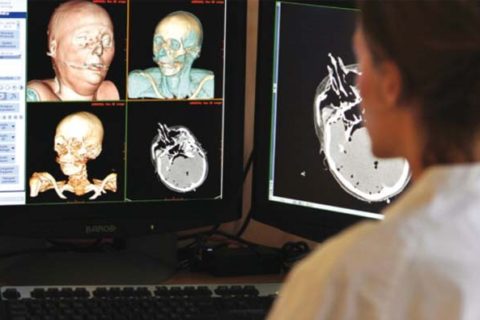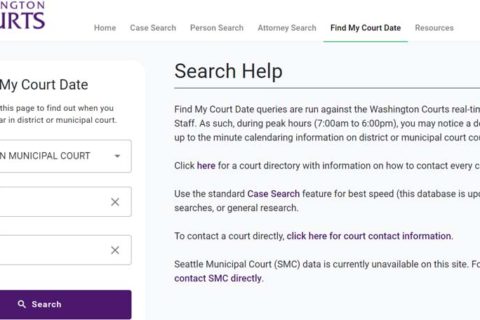In resolving a legal case, the role of a forensic psychologist is required. In the process of investigation, the forensic psychologists apply psychological methods and concepts to the field of law, intervening in order to provide data and knowledge to help deal with a case.
Forensic psychologists play an important role in helping to understand criminal behavior, counsel criminal offenders and victims, prevent crimes, and consult with legal professionals like attorneys. Due to the complex role of a forensic psychologist, there is some question about whether or not forensic psychologists go to the crime scenes in a criminal investigation.

Let’s find the information about it in our post below!
Do Forensic Psychologists Go to Crime Scenes?
Of course, yes! Forensic psychologists devote their time at crime scenes to criminal profiling, which entails assisting police in analyzing crime scenes and evidence, as well as interviewing victims and witnesses in order to accurately conclude a criminal’s psychological actions, behavior, and personality, as well as how they committed a crime.
In the case of analyzing crime scene evidence, the forensic psychologists work to develop criminal profiles to narrow down suspect lists. In addition, forensic psychologists often serve as advisors and expert witnesses during trials.
To find evidence, a forensic psychologist will do cognitive interviews with witnesses to the incident in a relaxed state to help them recall the memory of the incident as clearly as possible, so that the testimony obtained is more accurate.
Read also: How to Become a Crime Scene Investigator
How Does a Forensic Psychologist Work?
Forensic psychologists and law enforcement officials work together in conducting interrogations of perpetrators by using psychological and cognitive approaches and using observational abilities to observe movements until the perpetrator admits his mistake.
A forensic psychologist should be neutral in helping to handle cases in court since the main role of a forensic psychologist is to help provide evidence or knowledge about human psychiatric problems.
Forensic psychology is obliged to examine the psychiatric disorder of the suspect to determine if the perpetrator is really crazy or just pretending to be crazy. If the results of the examination prove that the perpetrator has psychiatric problems, the forensic psychologists can then submit a clear statement to the court regarding the perpetrator’s psychiatric disorders so that it can affect the sanction or punishment of the perpetrator.
What Are the Primary Responsibilities of a Forensic Psychologist?
Forensic psychologists will always interact with attorneys, victims of crime, criminal offenders, and judges. They attend court cases to provide expert testimony, assess the efficacy of intervention programs, perform child custody evaluations, and screen law enforcement applicants.
The following are the main duties of a forensic psychologist:
1. Conduct an observation and an interview
In a criminal investigation, forensic psychologists make observations and interview people in the legal system to assess behavioral, emotional, and psychological problems and disorders. Through forensic psychology, the psychiatric disorders of the perpetrator can be uncovered in detail. Of course, it’s very helpful in finding out whether or not the perpetrator has a psychiatric disorder.
2. Write reports
Forensic psychologists will also write reports that discuss criminal profiles, mental status, and criminal responsibility.
3. Provide expert testimony
The forensic psychologists serve as expert witnesses to provide testimony in courtroom trials. Based on their psychological training and knowledge, they bear witness about sentencing and treatment recommendations, competence, and the risks of future criminal behavior.
4. Provide counselling and therapy
The forensic psychologists will provide counseling to victims of crime as well as therapy services to sex offenders and other people convicted of crimes.
5. Do supervision
The forensic psychologist will often supervise interns, who will have to complete supervised practice to receive their credentials.
6. Reveal the motive of the criminal offenders
After carrying out a long process and using a psychological approach to the perpetrator accompanied by data from the investigators, the forensic psychologists can reveal the motives of the perpetrators of criminal acts.
This method is performed mainly to find out what the real reason someone commits a crime is. Afterwards, the motive for the crime can then be the basis for giving an appropriate punishment to the perpetrator.

A bookworm and researcher especially related to law and citizenship education. I spend time every day in front of the internet and the campus library.





